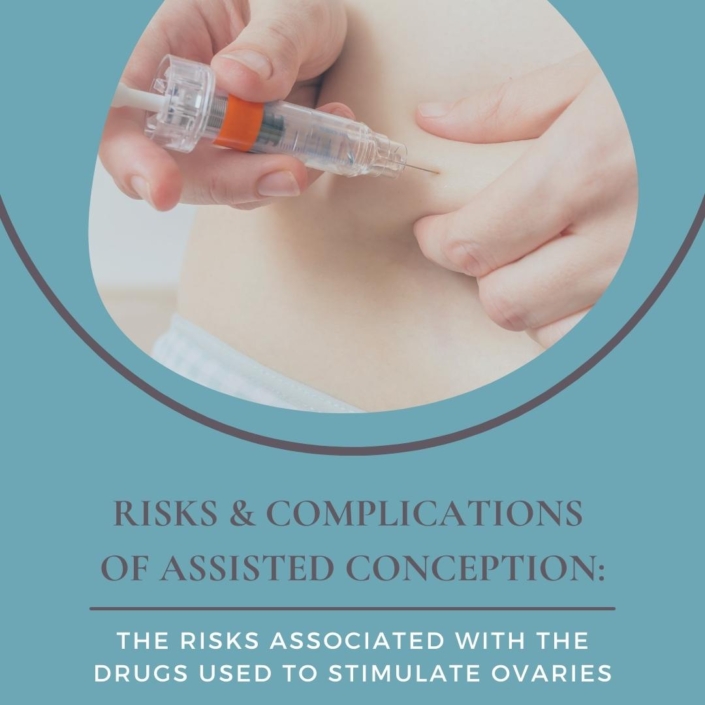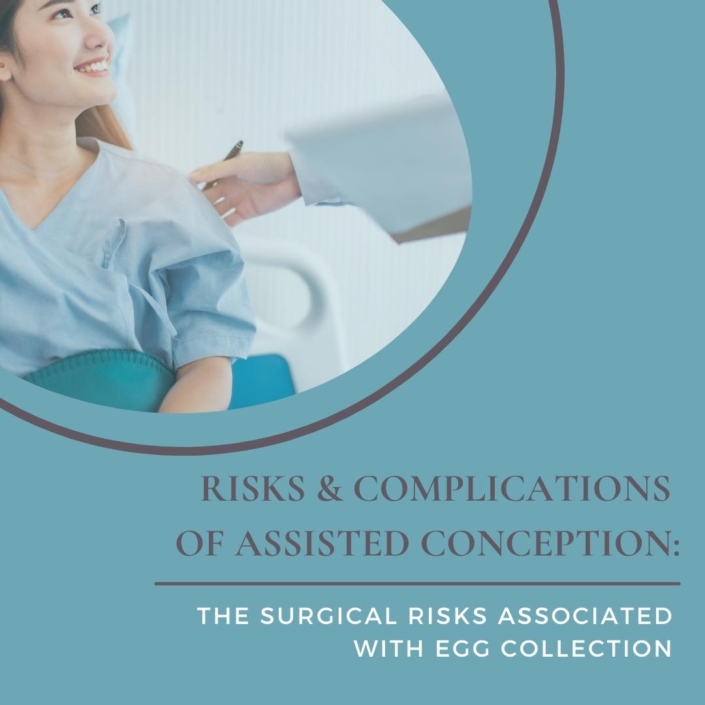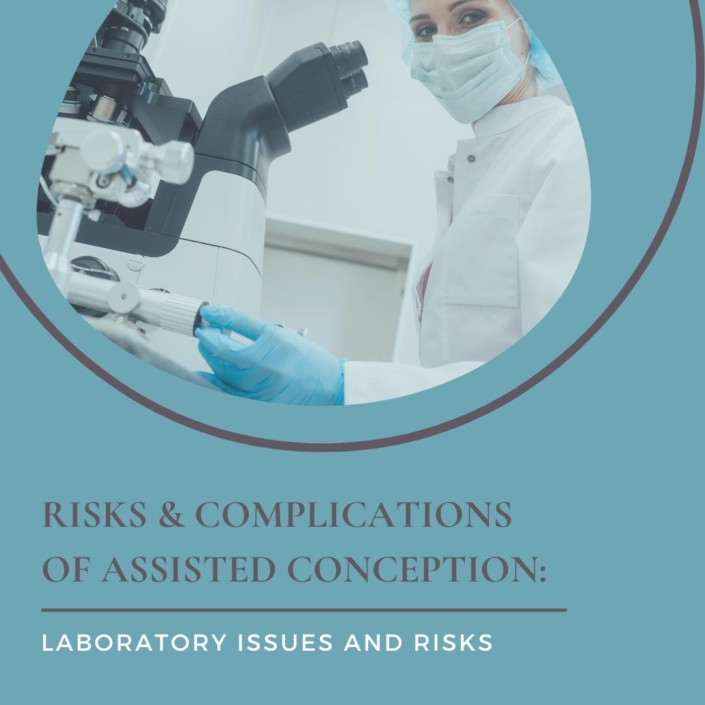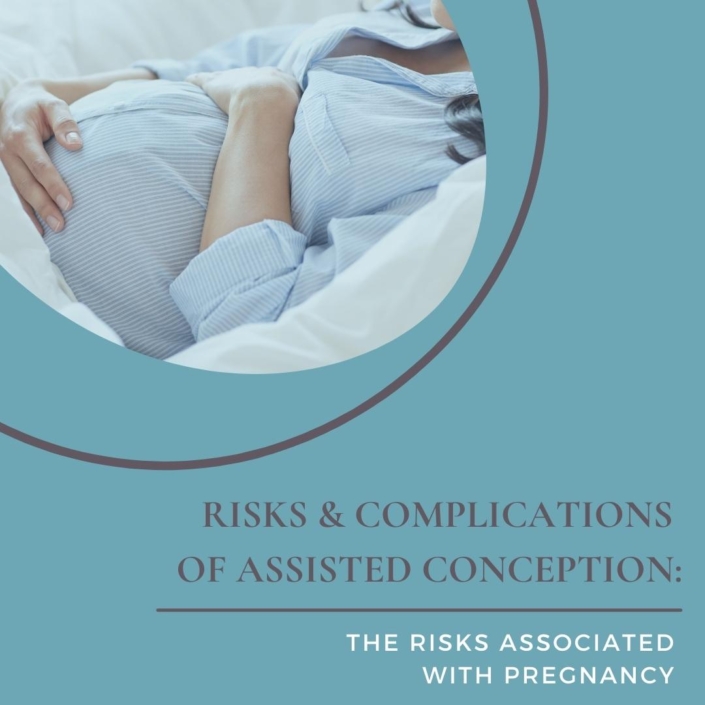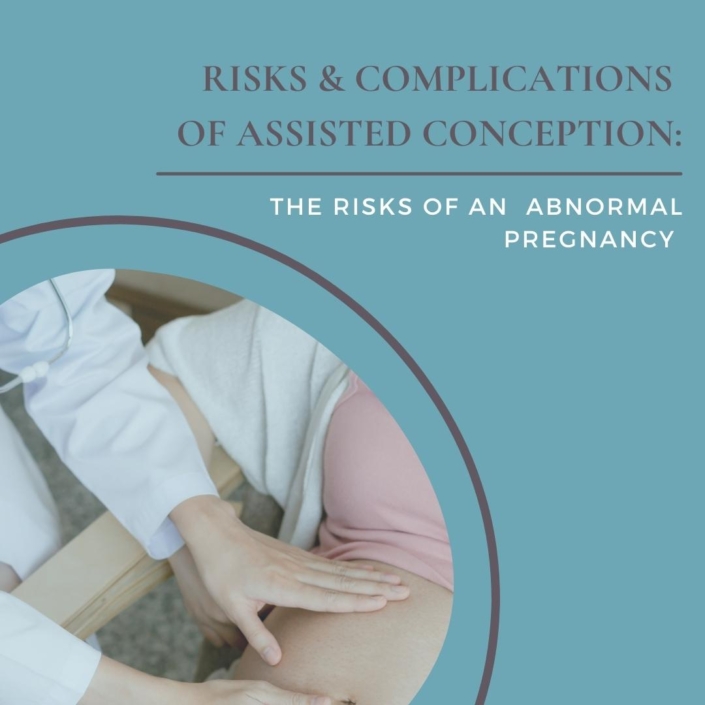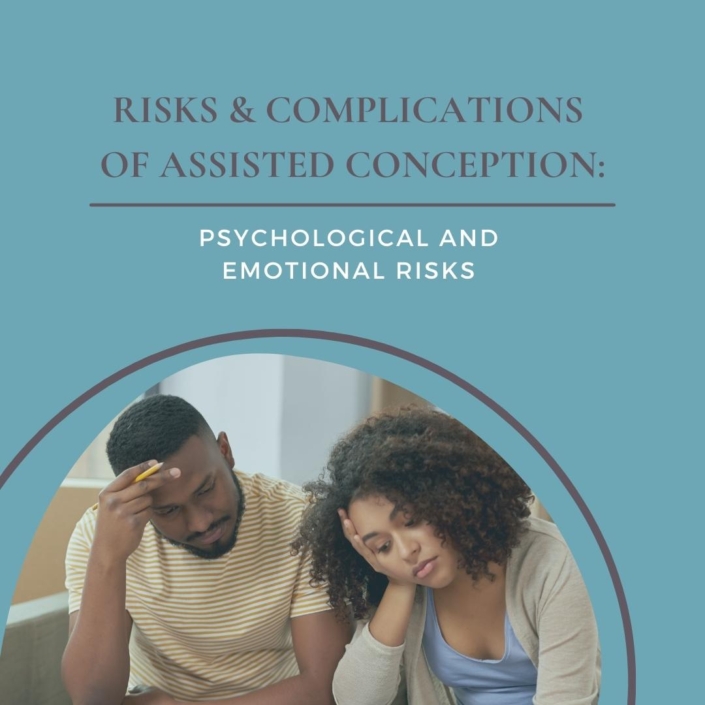The surgical risks associated with egg collection.
After the hormone medication has stimulated the ovaries to produce more eggs, those eggs must be retrieved. Egg collection surgery takes place approximately 36 hours after the injection of human chorionic gonadotropin (hCG), which signals the follicles to prepare to ovulate.
During ovulation, a follicle expels the egg from the sac, after which it will travel through the fallopian tube to the uterus. Egg collection is scheduled to catch the eggs before they would start this journey, at a point at which they are ready for fertilisation but are still within the follicles and can easily be located.
Risks from the egg retrieval are usually rare as the procedure is performed with ultrasound guidance.



